Our genetics are like a blueprint that shapes various aspects of our being, and surprisingly, our dental health is no exception. The interplay between genetics and oral health is a fascinating journey, as certain genes can influence susceptibility to dental conditions. In this exploration, we delve into the intricate ways genetics impacts dental health and unravel strategies individuals can employ to navigate their genetic predispositions for optimal oral well-being.
Genetic Influences on Susceptibility to Dental Conditions:
- Caries Risk and Variations in Genetics: The risk of developing dental caries, commonly known as cavities, is influenced by genetic variations. Some individuals may have genetic predispositions that make them more susceptible to tooth decay. Understanding this genetic aspect can prompt individuals to be more vigilant about their oral hygiene practices, including regular brushing, flossing, and the use of fluoride.
- Salivary Composition and its Impact on Oral Health: Saliva plays a crucial role in maintaining oral health by neutralizing acids and aiding in digestion. Genetic factors can influence the composition of saliva, affecting its protective properties. Individuals with genetic variations impacting salivary function may need to adopt specific measures, such as staying hydrated and using artificial saliva products, to compensate for reduced salivary flow.
- Inflammatory Response and Periodontal Health: Genetic variations can influence the body’s inflammatory response, impacting susceptibility to periodontal diseases. Understanding these genetic factors can highlight the importance of managing inflammation through good oral hygiene practices and lifestyle choices. Regular dental check-ups become paramount for early detection and intervention.h
Mitigating Genetic Predispositions for Optimal Dental Health:
- Precision Dentistry and Personalized Treatment Plans: Advancements in precision dentistry allow for personalized treatment plans based on an individual’s genetic makeup. Dentists can tailor interventions, such as specific fluoride treatments or dietary recommendations, to address the unique needs of each patient.
- Lifestyle Modifications for Genetic Factors: Individuals armed with knowledge about their genetic predispositions can make informed lifestyle choices. For example, those with a higher genetic risk for cavities might choose a low-sugar diet and prioritize oral hygiene practices to mitigate the risk.
- Genetic Counseling for Comprehensive Understanding: Genetic counseling in dentistry is an emerging field that provides individuals with a comprehensive understanding of their genetic predispositions. This counseling can empower individuals to make informed decisions about their oral health and take proactive steps to prevent potential issues.
- Collaboration Between Genetics and Dentistry: The collaboration between geneticists and dental professionals is becoming increasingly important. This interdisciplinary approach allows for a holistic understanding of the factors influencing oral health, leading to more effective preventive measures and treatments.
- Continuous Monitoring and Early Intervention: Regular monitoring of oral health, coupled with early intervention, is crucial for individuals with known genetic predispositions. Timely detection and management of dental issues can prevent complications and contribute to maintaining a healthy smile.
While our genes lay the foundation for certain aspects of our dental health, they do not dictate our oral destiny. The emerging field of genetics in dentistry opens up new avenues for personalized care and proactive interventions. By understanding and navigating their genetic landscape, individuals can take charge of their oral health, making informed choices that lead to a lifetime of healthy smiles. As the realms of genetics and dentistry continue to intersect, the future holds promising opportunities for tailored approaches to dental care that cater to each individual’s unique genetic makeup.

